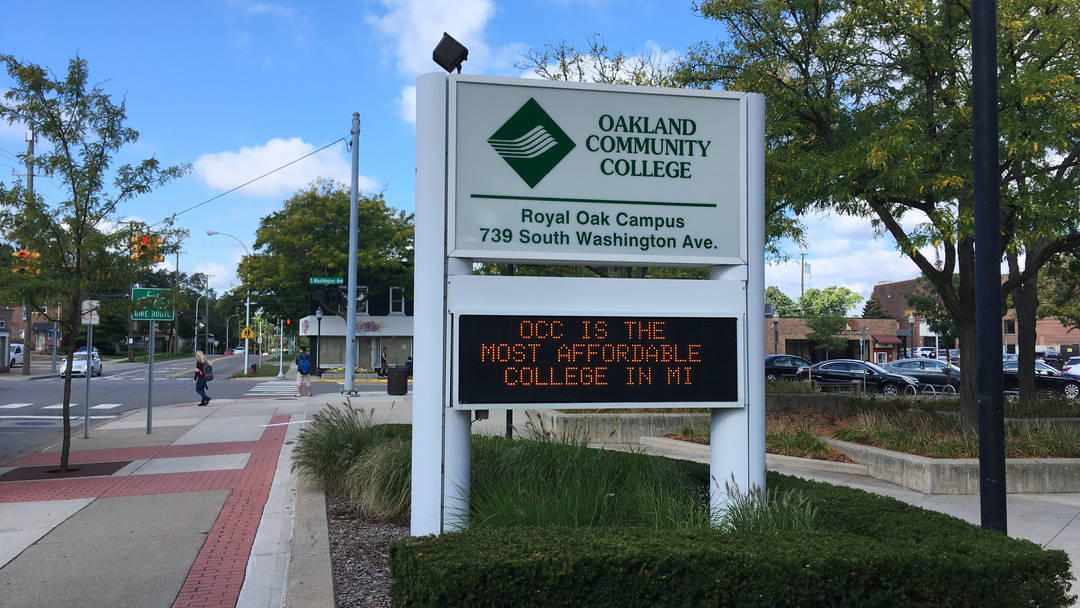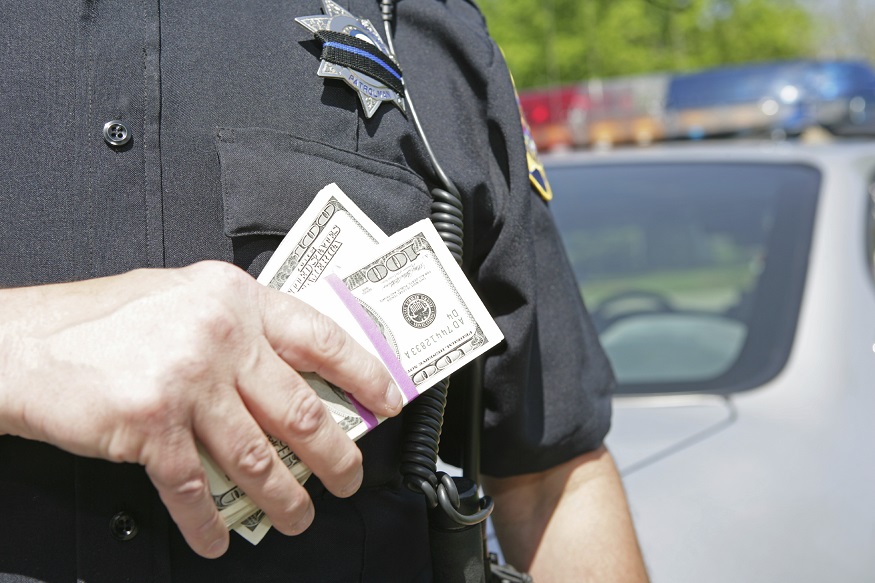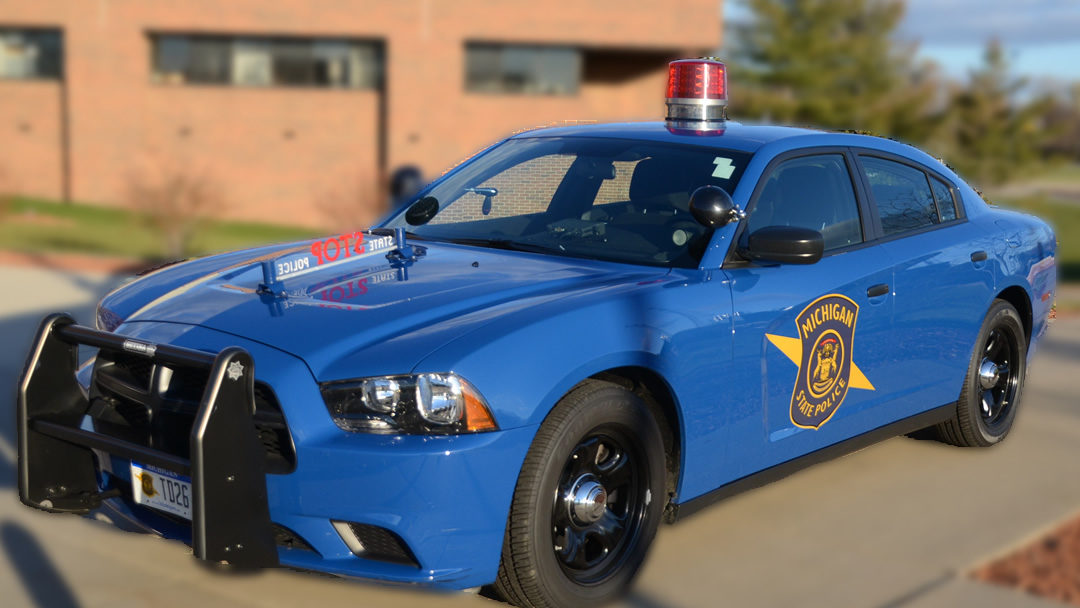
You Won’t Lose Your Gun Just For Smoking Recreational Marijuana
You Won’t Lose Your Gun Just For Smoking Recreational Marijuana – In Illinois. 11,000 marijuana conviction expungements on 2020 new years day – In Illinois. One database fills while another “empties”.
Rumors that Illinois gun owners will lose their firearms if they use cannabis under the state’s new legalization mandate are false.
That’s according to multiple authorities after major news outlets published stories claiming gun owners who purchase adult-use cannabis in Illinois would be placed into a database banning them from buying firearms.
The Illinois State Police said Dec. 31 it will not revoke Firearm Owner Identification Cards based solely on someone’s marijuana usage.
Illinois State Rifle Association lobbyist Ed Sullivan said cannabis dispensaries cannot share identifying information with law enforcement agencies unless the customer authorizes it.
But Sullivan notes the federal government still considers marijuana a Schedule I narcotic.
He said this allows the federal Bureau of Alcohol, Tobacco, and Firearms (ATF) to obtain the records of medical cannabis users and potentially restrict their ability to buy guns from Federal Firearms License (FFL) dealers.
“If you intend to use cannabis and own a firearm taking the recreational cannabis route has less potential, detrimental effects on your 2nd Amendment rights than the medical cannabis route,” Sullivan said.
What about Michigan… Is anybody out there? Hello?…………………..What about Michigan?
Read the Rest of the Story Here








